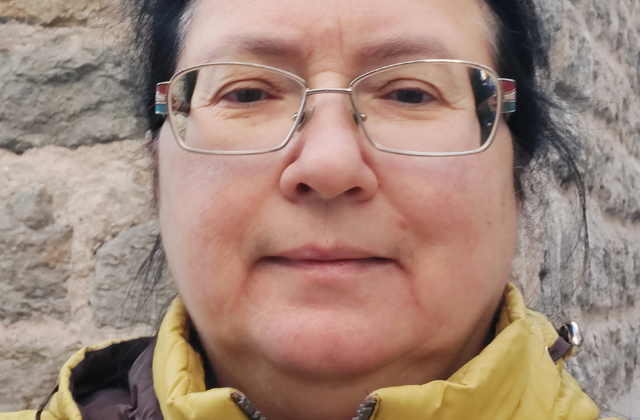Julia Lajus
NIAS fellow

Project title
Arctic Warming, The Second International Polar Year, and Political Instability in the 1930s
Research question
How might the history of Arctic warming in the 1930s be useful for understanding the role of scientists in the face of unpredictable forces – environmental changes and political power?
Project description
The Arctic climate is currently changing at least three times faster than the climate of the planet as a whole, a phenomenon known as ‘Arctic amplification’. There is no doubt that this warming has an anthropogenic cause.
It is less known that a hundred years ago there was also a period of regional Arctic warming that had predominantly natural causes. Warming affected fisheries, motivated studies of glaciers and sea ice, and encouraged the exploration of the Northern Sea Route. Observations of changes affected the general understanding of climate mechanisms and forced scientists to shift their views towards accepting the possibility of climate change on a historical scale that they previously rejected.
The need to study changes in the Arctic was one of the drivers behind the organization of the Second International Polar Year in 1932 – 33. However, political instability in this period, with the Great Depression, Hitler’s coming to power, and repression in the Soviet Union hampered Arctic research and especially international cooperation.
Methodologically, Julia Lajus’s project lies in the field of transnational history and is based on literature and archival material from several countries.
Selected publications
- Lajus, Julia. Early Warning Signs of Isolationism: A Conflict around Soviet-German Studies of the Barents Sea, 1926–1927, in A Fractured North – Facing Dilemmas / Eds. by Erich Kasten, Igor Krupnik, Gail Fondahl. Fürstenberg/Havel: Kulturstiftung Sibirien, 2024, pp. 133- 150.
- Lajus, Julia. ‘Red herring’: The unpredictable Soviet fish and Soviet power in the 1930s. In: Competing Arctic Futures: Historical and Contemporary Perspectives, ed. by
Nina Wormbs. Cham: Palgrave Macmillan, 2018 (Palgrave Studies in the History of Science and Technology), pp. 73 – 94 - Lajus, Julia & Sverker Sörlin. Melting the Glacial Curtain: The soft politics of Scandinavian-Soviet networks in the geophysical field sciences between two Polar Years, 1932/33-1957/58. Journal of Historical Geography. 2014, 44: 44-59